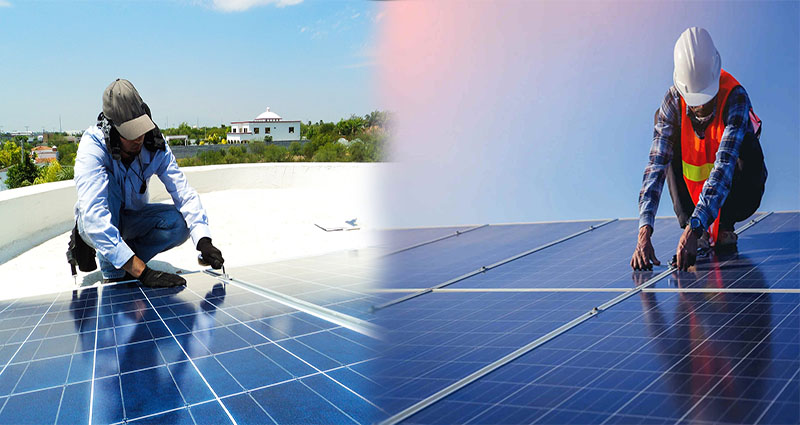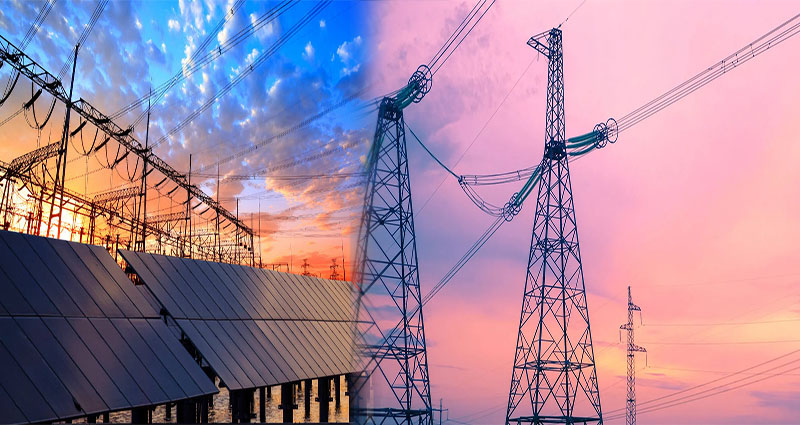Solar Panel Maintenance Tips for Long-Term Efficiency
With the increasing popularity of solar power as a clean and renewable energy source, it’s important to properly maintain solar panels to maximize their efficiency and ensure their longevity. Regular maintenance and care can greatly improve the performance of solar panels, ensuring that they continue to generate electricity effectively. Here are some essential maintenance tips to help you get the most out of your solar panel system in the long run.
1. Regular Cleaning
Regularly cleaning your solar panels is crucial for optimal performance. Dust, dirt, leaves, or debris can accumulate on the surface of the panels and hinder the absorption of sunlight. With the help of a soft brush or sponge, gently clean the panels using water or a mild soapy solution. Be cautious not to use abrasive materials or harsh chemicals, as they may cause damage. Clean the panels early in the day or late in the evening … READ MORE ...












